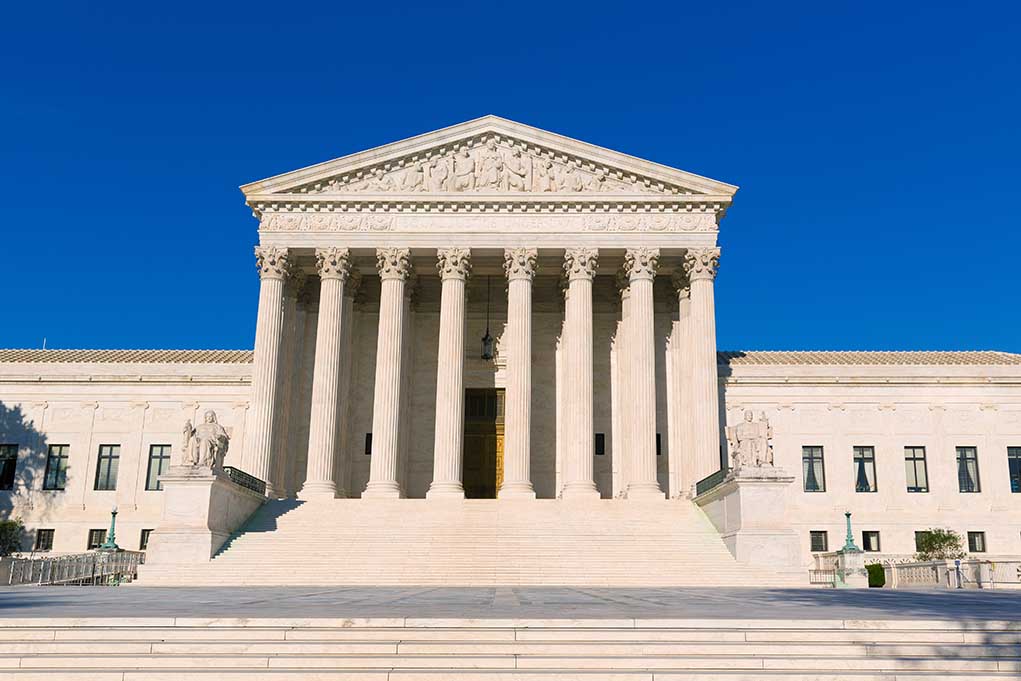(UnitedVoice.com) – “Ghost guns” are untraceable, unregistered firearms made by people in their homes, either with a kit or a 3D printer. Websites offer all kinds of kits from AK-47s to handguns. President Joe Biden’s administration cracked down on the guns, but a federal court ruled the new regulation was unlawful. The Supreme Court will now hear the federal government’s appeal.
On April 22, the Supreme Court agreed to hear the appeal. The decision came after an earlier 5-4 ruling by the justices allowed the restrictions on the weapon to go into effect after the Fifth Circuit Court of Appeals ruled the regulations were unlawful.
In 2022, the Bureau of Alcohol, Tobacco, Firearms and Explosives (ATF) issued a regulation expanding the definition of “firearm” to include unfinished parts, like the receiver of a rifle or the frame of a handgun. The change would make it easier to track the firearms because they must now have serial numbers and be licensed. Manufacturers must also run a background check before selling the weapons, just like they do with firearms made commercially.
Second Amendment advocates and companies sued the ATF and argued the new regulation wasn’t legal. Judge Reed O’Connor, from the Federal District Court for the Northern District of Texas, ruled in favor of the gun activists and struck down the expansion of the definition. He stated that “a weapon parts kit is not a firearm” and something that’s “converted to a functional receiver is not itself a receiver.”
A three-judge panel for the Fifth Circuit upheld O’Connor’s ruling. Judge Kurt D. Engelhardt wrote the opinion in that ruling, stating that Congress had not updated the definition under the Gun Control Act of 1968. Because the change had not gone through the legislature, the judges determined the ATF regulation was unlawful.
Solicitor General Elizabeth B. Prelogar appealed the ruling to the SCOTUS, arguing that the Fifth Circuit’s ruling would create a “flood of untraceable ghost guns into our nation’s communities.”
Copyright 2024, UnitedVoice.com



